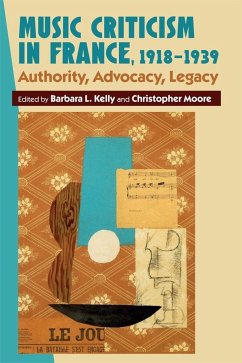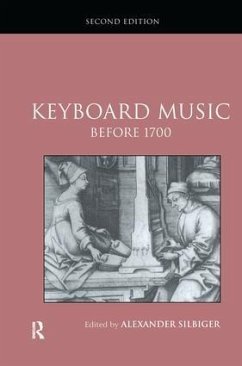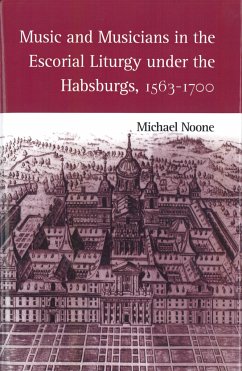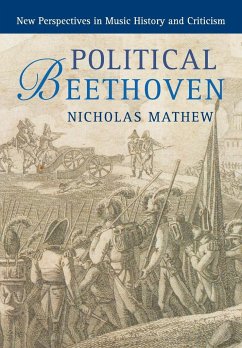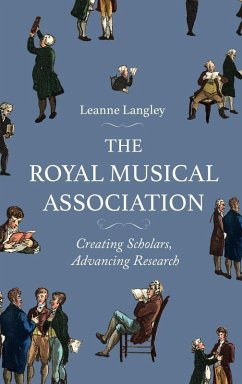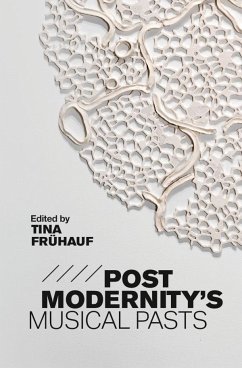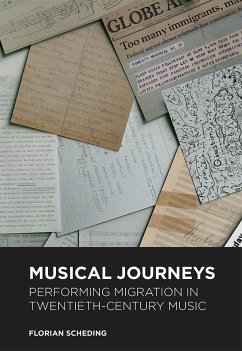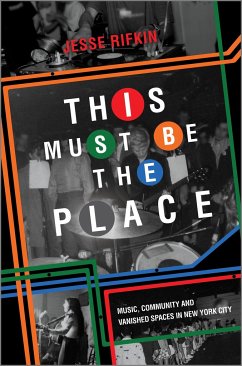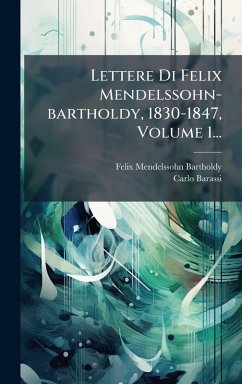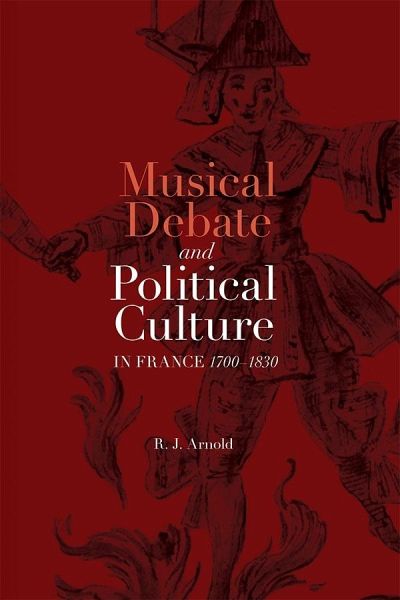
Musical Debate and Political Culture in France, 1700-1830
Versandkostenfrei!
Versandfertig in 1-2 Wochen
98,99 €
inkl. MwSt.

PAYBACK Punkte
49 °P sammeln!
In the eighteenth and early nineteenth centuries, French cultural life seethed with debates about the proper nature and form of musical expression, particularly in opera. Expressed in a flood of pamphlets, articles, letters and poems as well as in the actual disruption of performances, these so-called querelles were seen at the time as a distinctively French phenomenon and have been mined by scholars since for what they can tell us about French politics and culture in the revolutionary period. This is the first full-length treatment of the entire history of this phenomenon, from its beginnings...
In the eighteenth and early nineteenth centuries, French cultural life seethed with debates about the proper nature and form of musical expression, particularly in opera. Expressed in a flood of pamphlets, articles, letters and poems as well as in the actual disruption of performances, these so-called querelles were seen at the time as a distinctively French phenomenon and have been mined by scholars since for what they can tell us about French politics and culture in the revolutionary period. This is the first full-length treatment of the entire history of this phenomenon, from its beginnings in the last years of Louis XIV to the 1820s when the new musical challenges of Berlioz and Wagner put an end to this particular form of debate. Arnold analyses the individual querelles, showing how they reflected and played their part in wider political and cultural events. At the same time, he traces themes common in varying degrees to them all - questions of authority, the issue of national prestige, and the relation of language to music. Where some scholars have characterised these disputes as simply politics by proxy, Arnold paints a more nuanced picture, showing that music itself was taken seriously beyond artistic circles because it was seen as having great, potentially limitless, power over popular sentiment and thus implicitly power to reform society and change the world. JAMES ARNOLD is Honourary Research Fellow at Birbeck University of London.



